Temporal Experiments
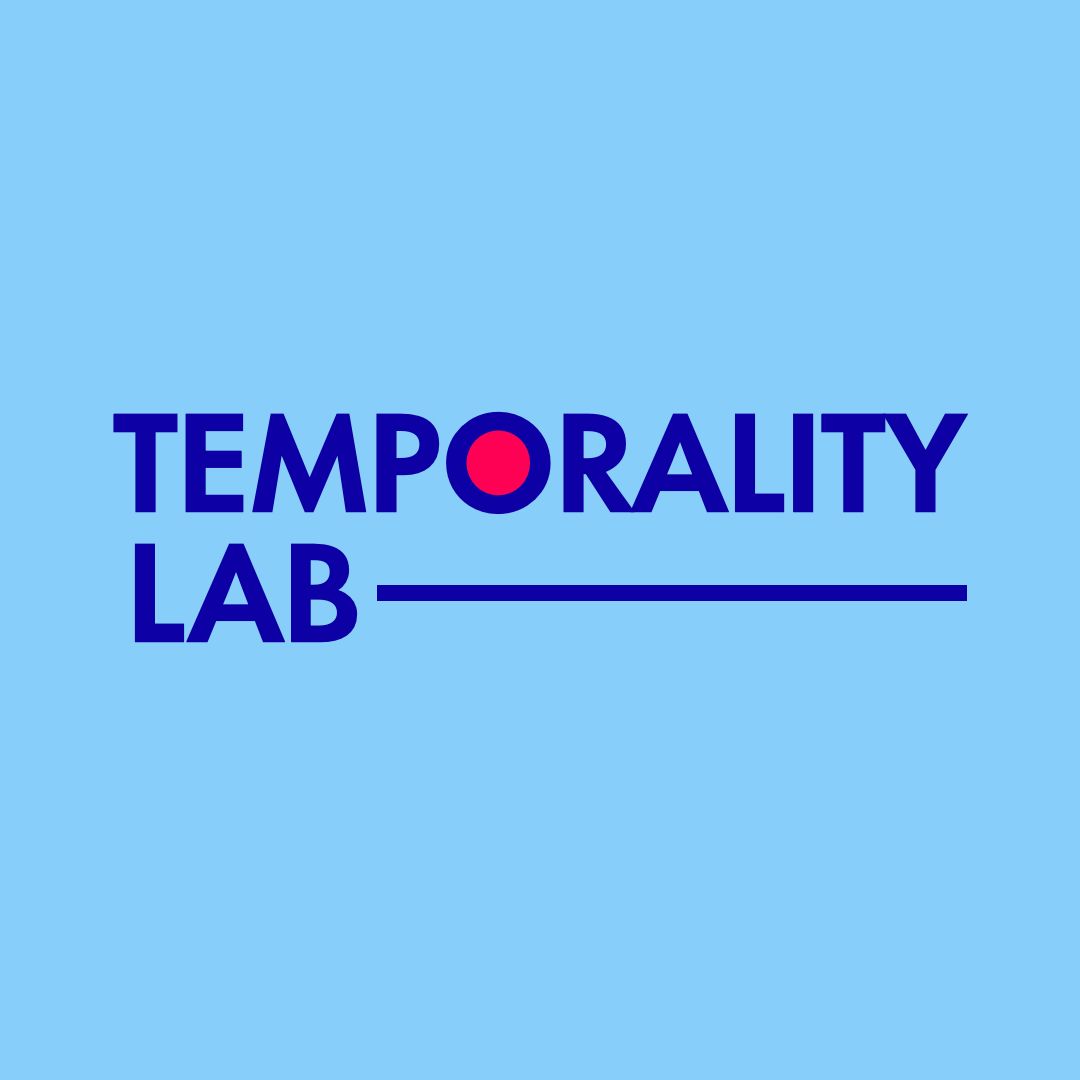
Temporality Lab explores the ways in which time is experienced and constructed in different contexts, investigating the social, cultural, and political implications of different temporalities.
Research on temporalities can provide insights into how time is experienced and understood, and how it shapes our perceptions, behaviors, and relationships. This can have important implications for a range of fields, including psychology, sociology, anthropology, history, and philosophy.
By studying temporalities in a systematic way, we can deepen our understanding of time and its relationship to society, and contribute to the development of new insights, theories, and practices that can help address some of the most pressing social and political issues of our time.
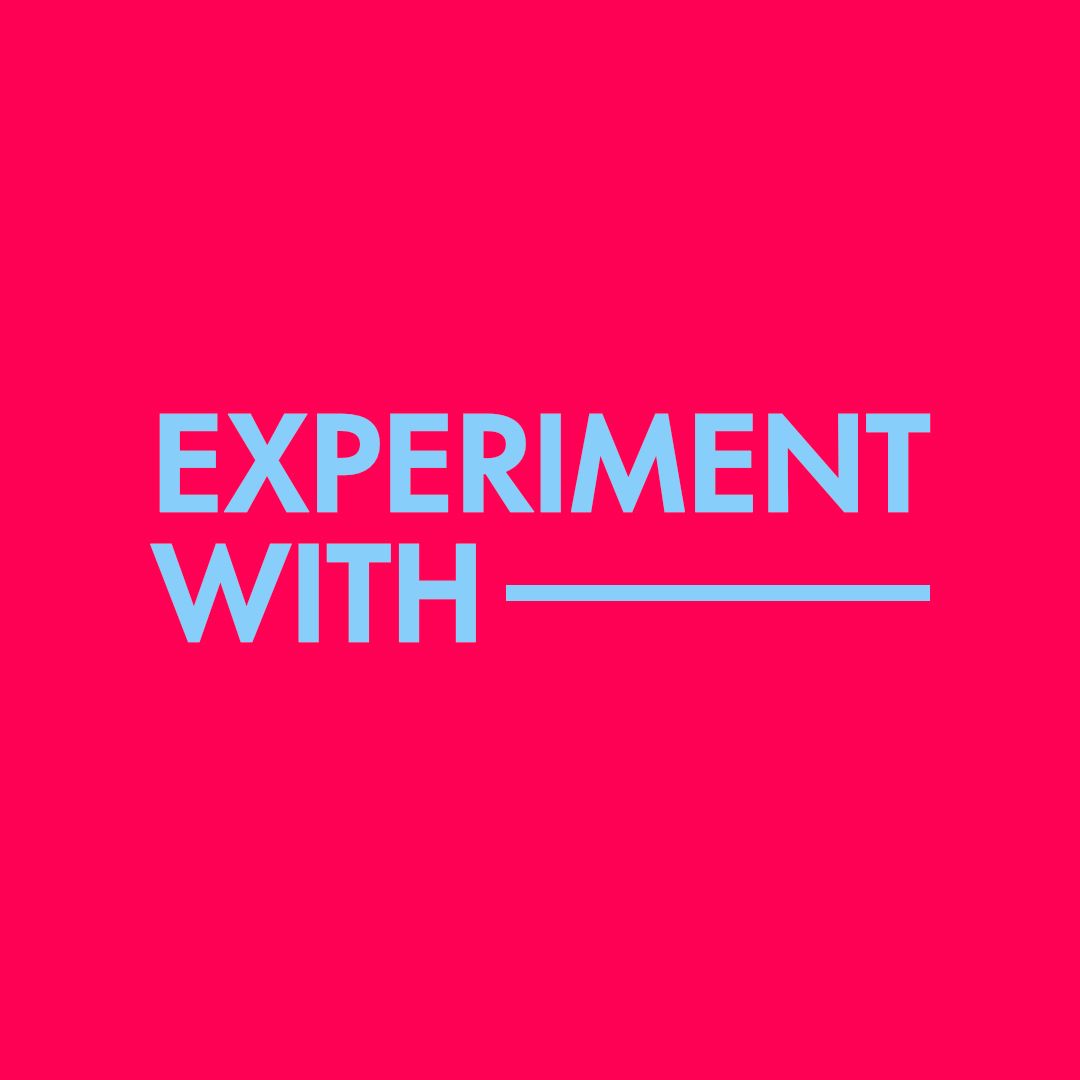
Experiment with other temporalities means to explore and engage with alternative ways of experiencing and understanding time beyond our own familiar temporal framework. This involve seeking out and engaging with temporalities that are different from our own, such as those of other historical periods, culture or worldview in order to expand our understanding and appreciation of different ways of experiencing time.
Exploring alternative ways of measuring and conceptualizing time, such as those based on non-linear or cyclical models, we can provide new perspectives on the nature of time and its relationship to human and non-human experience. It challenges assumptions and biases that are inherent in contexts where certain temporal frameworks are privileged over others, and where this can lead to exclusion or marginalization of certain groups.
Engaging on experiments with other temporalities have practical applications, such as in the development of programs or initiatives that are designed to be more inclusive of diverse temporal experiences. It can provide valuable insights into the nature of time and its relationship to our multiple experiences, and may also have important practical implications for creating more inclusive and equitable societies.
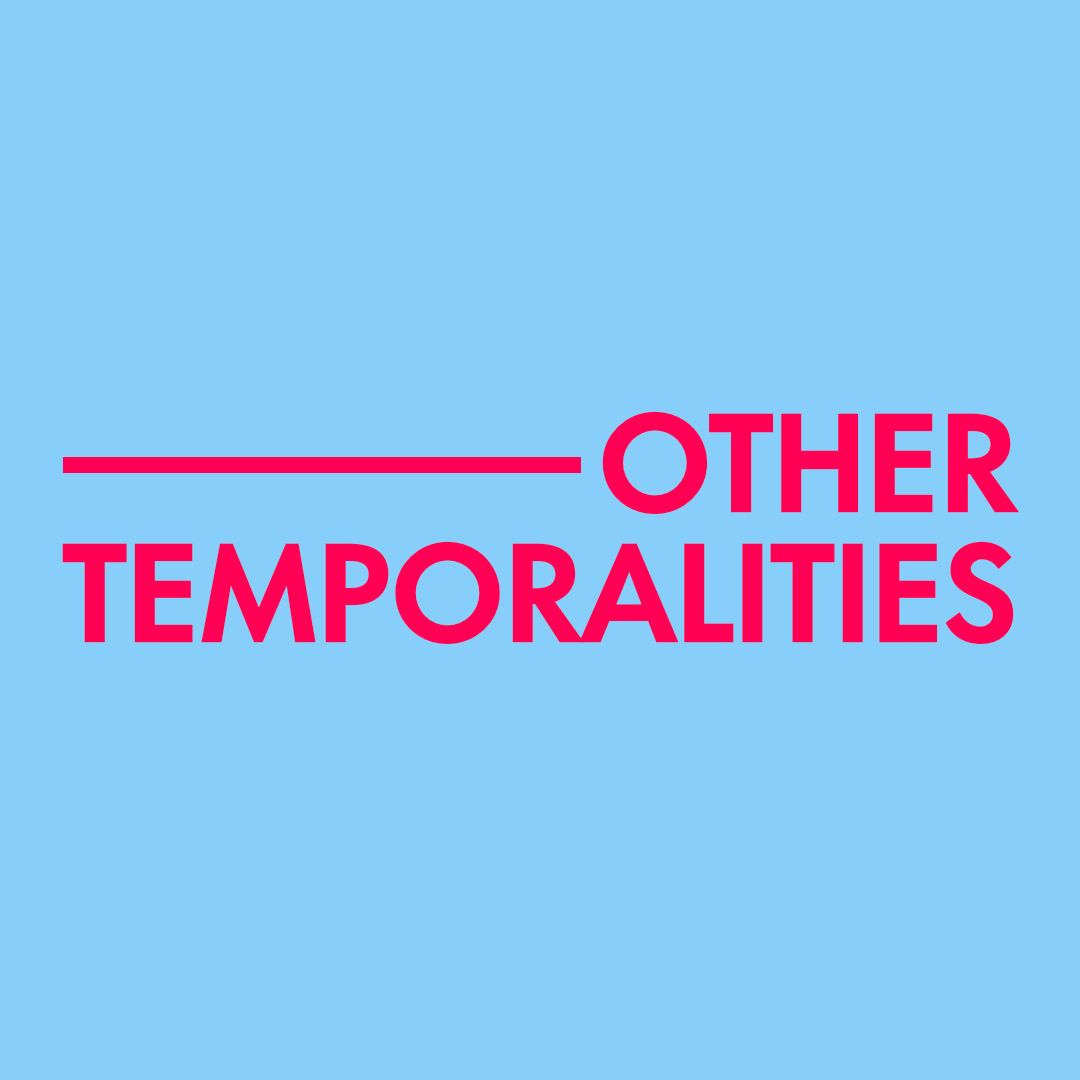
Other temporalities is an idea that highlights the diversity of human experiences and the importance of being open to different ways of understanding time. The experience of time for an elderly person may be very different from that of a young child, perhaps with the former having a greater sense of the past and the latter living more in the present moment. Or perhaps the other way around
Otherness is the concept of being different or distinct from oneself or one's own experiences. In the context of temporalities, otherness means that there are different ways of experiencing time that may be unfamiliar or foreign to one's own understanding of time.
Some cultures view time as cyclical, with events repeating themselves in a continuous loop. Other cultures view time as linear, with events unfolding in a straight line from the past to the future. Still, others view time as a series of interconnected moments, with no clear delineation between past, present, and future.
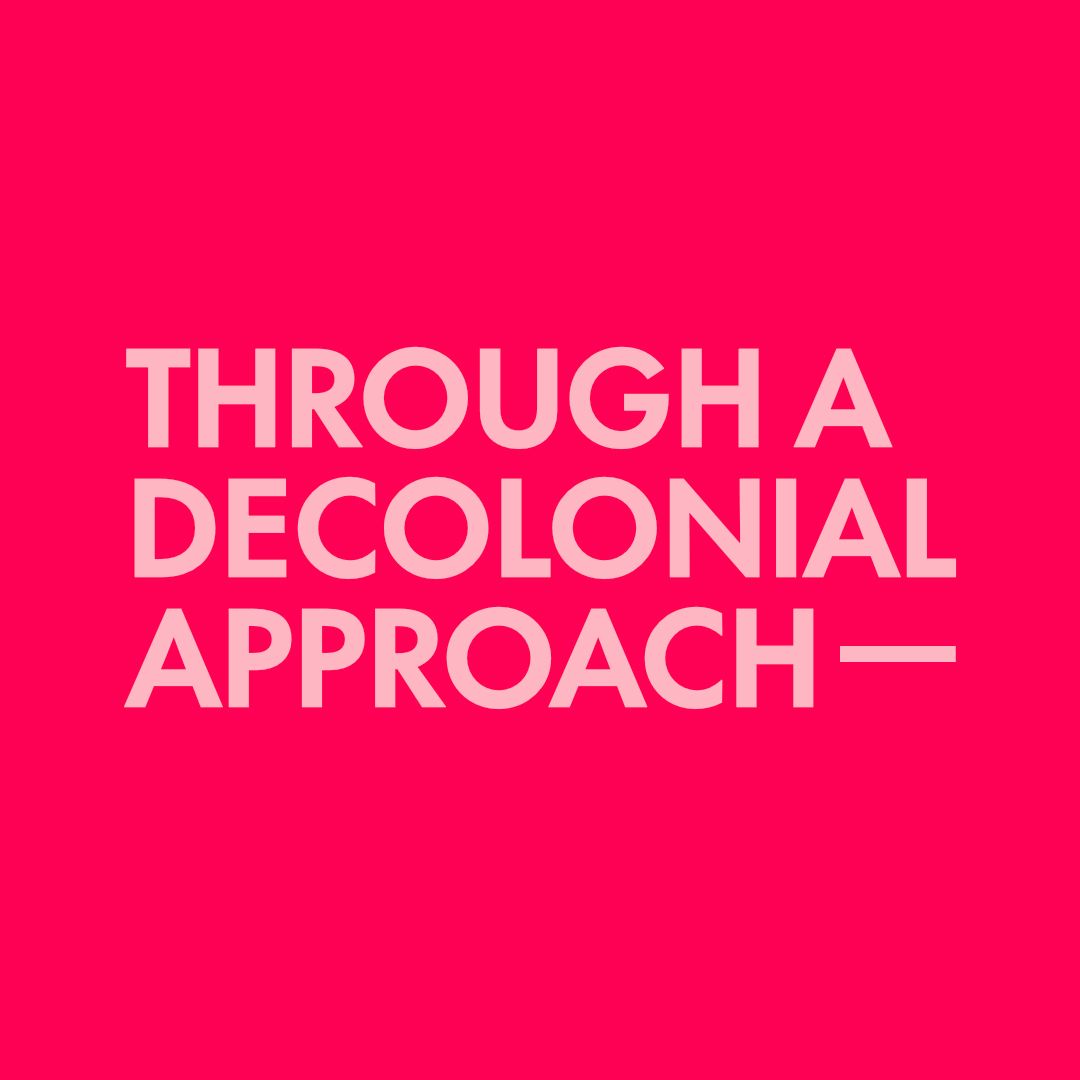
Through a decolonial approach, we challenge dominant narratives and perspectives on time rooted in colonialism and Eurocentrism by centering the experiences and perspectives of marginalized communities and working to decolonize temporal concepts and practices.
It urges the need to humanity recognize that colonialism often involved the imposition of Western concepts of time on non-Western cultures, leading to the erasure or suppression of traditional temporalities and the imposition of a linear, homogeneous view of time.
We critically examine the ways in which Western temporal frameworks have been used to justify colonialism and other forms of oppression, and we work to develop alternative frameworks that are more inclusive and equitable.
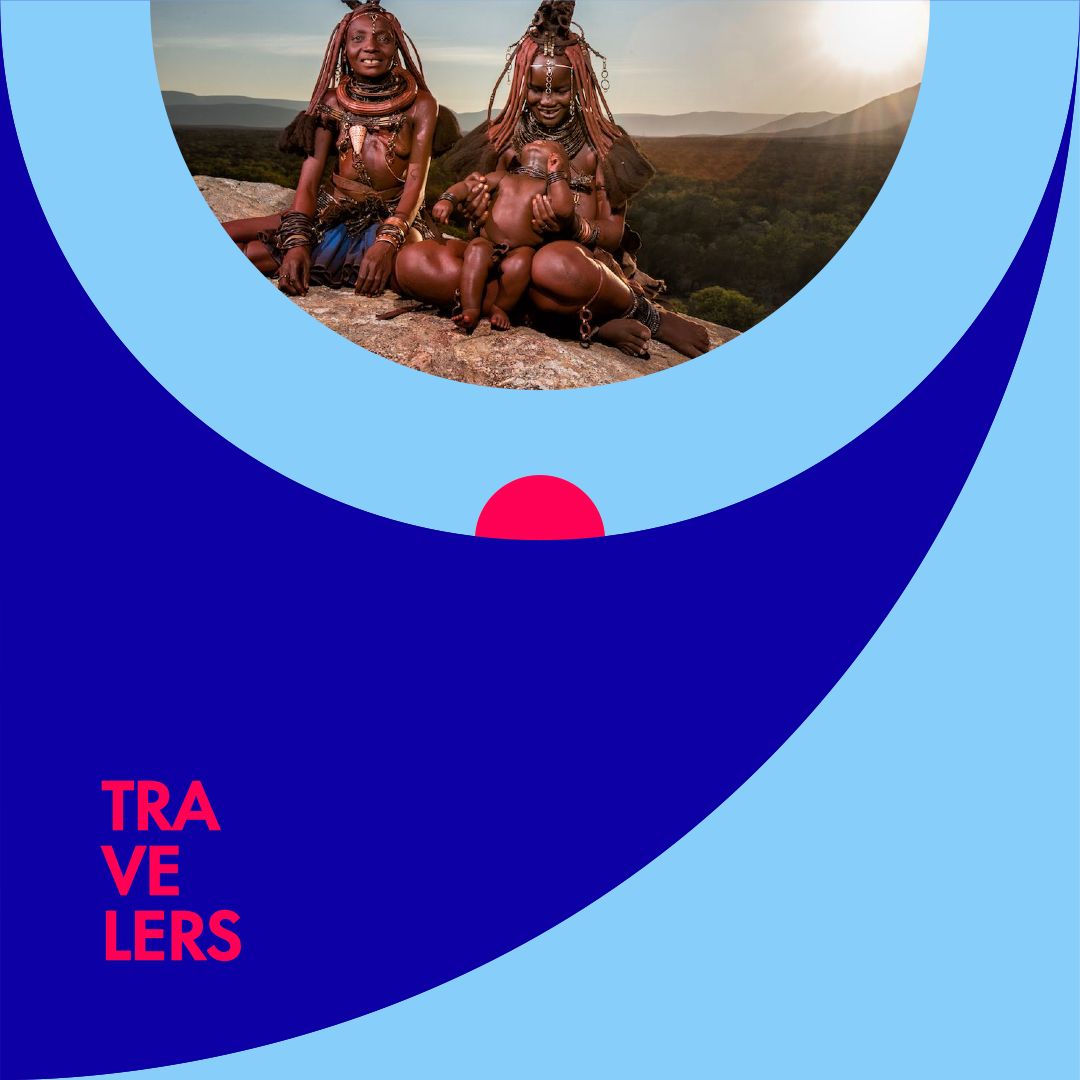
For travelers, time can be experienced in unique and transformative ways. It is a fundamental part of our experience, and as we move through different cultures and landscapes, our sense of time can shift and transform. Our temporal experiments are designed to help travelers engage with new perspectives on temporality and develop a deeper understanding of how different worldviews approach time. This can lead to a greater sense of resonance with the places we visit and the people we meet, as well as a more profound connection to our own sense of being.
Through our experiments, we explore how we can practice being in sync with other worldviews, and learn how to attune ourselves to different temporal rhythms. We seek to develop a more holistic understanding of time that takes into account the subjective and cultural factors that shape our experience. By engaging with these ideas, travelers can gain a deeper appreciation for the nuances of time, and learn how to be more present and engaged in their experiences.
At its core, our approach to time is about cultivating a sense of curiosity and wonder about the world around us. We believe that by engaging with different temporal frameworks, we can open ourselves up to new ways of experiencing and understanding the world. Whether it's learning about the seasonal rhythms of indigenous cultures or experiencing the fast-paced, time-is-money mentality of a bustling city, our experiments offer a unique opportunity to engage with time in all its complexity and beauty. Through this engagement, we hope to help travelers develop a deeper sense of connection and meaning in their relationship with time, and to cultivate a more profound sense of presence and awareness in their lives.
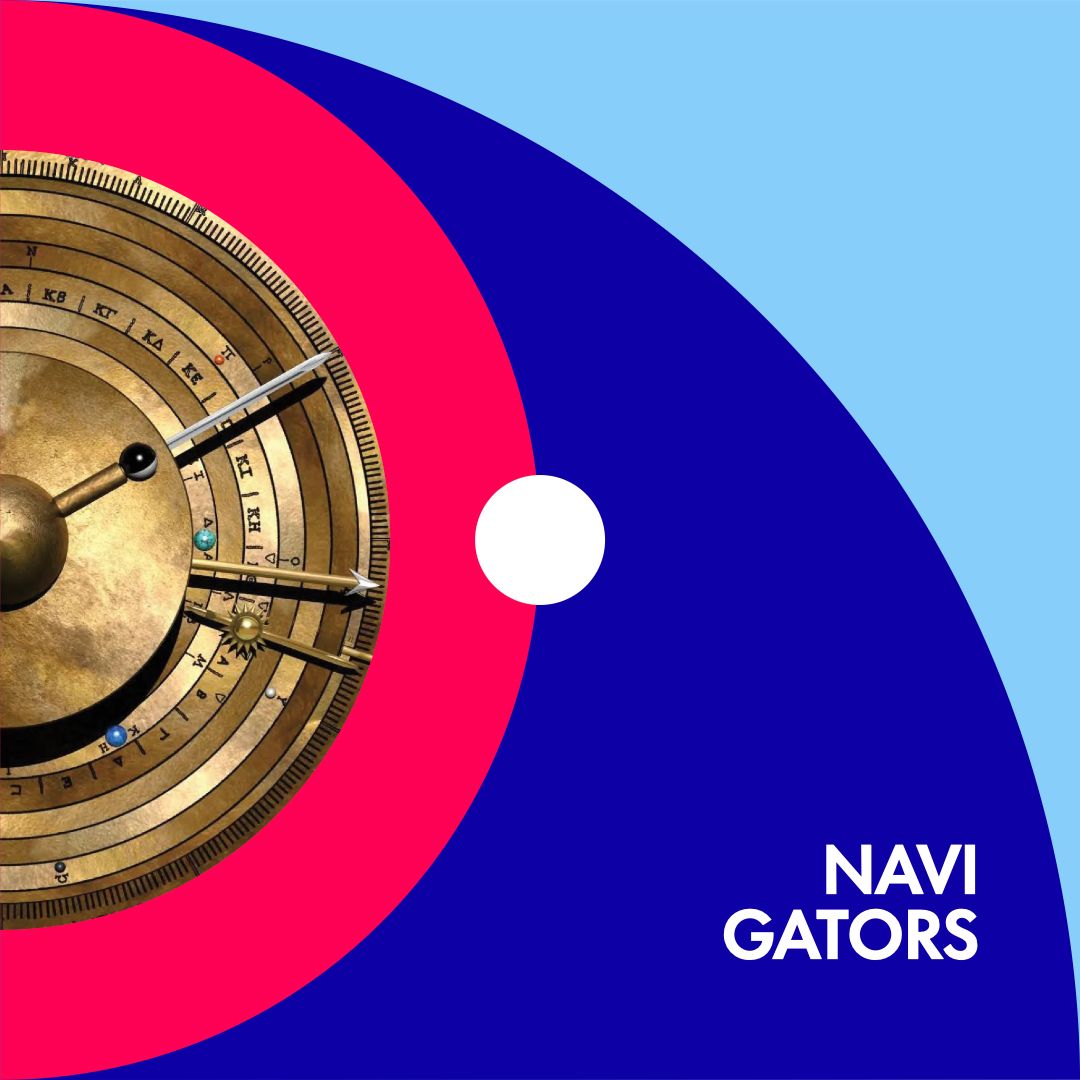
For navigators, our initiatives are designed to help develop a deeper understanding of the role of zeitgebers in shaping our experience of time. Zeitgebers are external cues that help to synchronize our biological clocks, and can include factors such as light, temperature, and social cues. By understanding how these factors influence our sense of timing and flow, navigators can learn to navigate complex environments with greater ease and precision.
Our initiatives provide tools and structured practices for developing a more nuanced understanding of zeitgebers and their relationship with time. We offer resources and guidance on how to optimize these cues for tuning you productivity and creativity, while also being mindful of the impact of external factors on our well-being and mental health. By learning to tune in to our environment and attune ourselves to different temporal rhythms, we can become more effective and efficient navigators in all aspects of our lives.
At the core of our approach is the belief that time is a multifaceted and complex phenomenon, shaped by a range of internal and external factors. By engaging with these factors and learning to optimize our environment for optimal timing and flow, we can cultivate a more mindful and intentional approach to time management or time navigation. Our initiatives offer a unique opportunity for navigators to explore the nuances of time and develop practical tools and practices for navigating the complexities of our modern world.
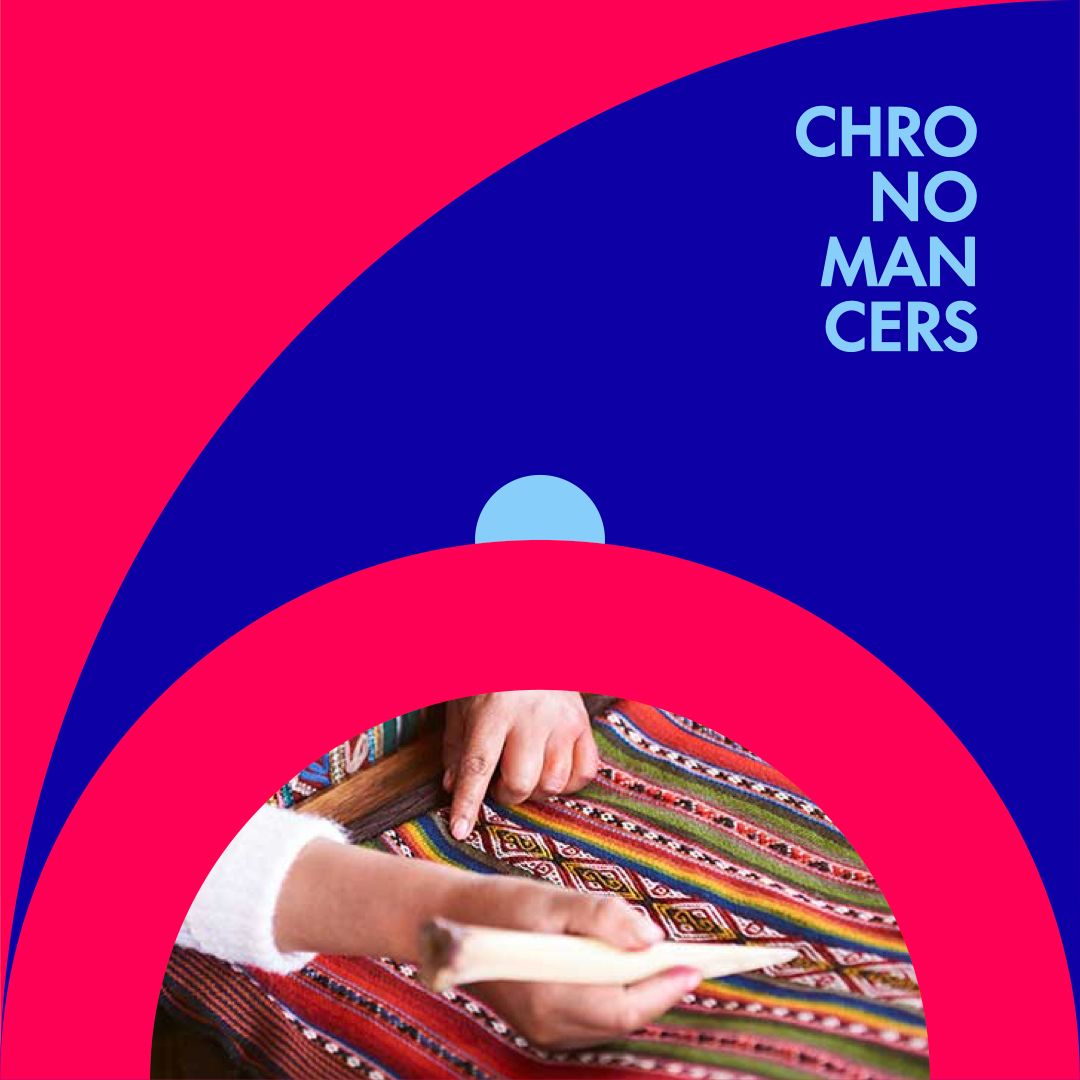
For chronomancers, our initiatives offer a unique opportunity to delve into the cutting-edge theories and concepts related to the nature of time and the cosmos. Our approach is deeply grounded in the latest scientific research and discoveries, as well as the wisdom of ancient spiritual traditions. We focus on developing a deep understanding of the interconnectedness of all things, and how this relates to the way we experience time.
One of the key areas we explore is the concept of cosmosensing, which refers to our ability to sense the rhythms and movements of the universe on both a micro and macro scale. We explore the latest research into the science of consciousness, including the role of quantum mechanics and the idea that the universe is a holofractal entity. Through our deep dive into these topics, we help chronomancers develop a more expansive and holistic perspective on the nature of time and the cosmos.
Our initiatives also focus on the concept of proprioception, which refers to our ability to sense our own bodily movements and positioning in space. We explore the connection between proprioception and time perception, and how developing greater awareness of our bodily sensations can help us to navigate the temporal landscape with greater ease and precision. Through a range of tools and practices, we help chronomancers develop a deep sense of bodily awareness and attunement, which can have profound implications for our relationship with time and the cosmos.
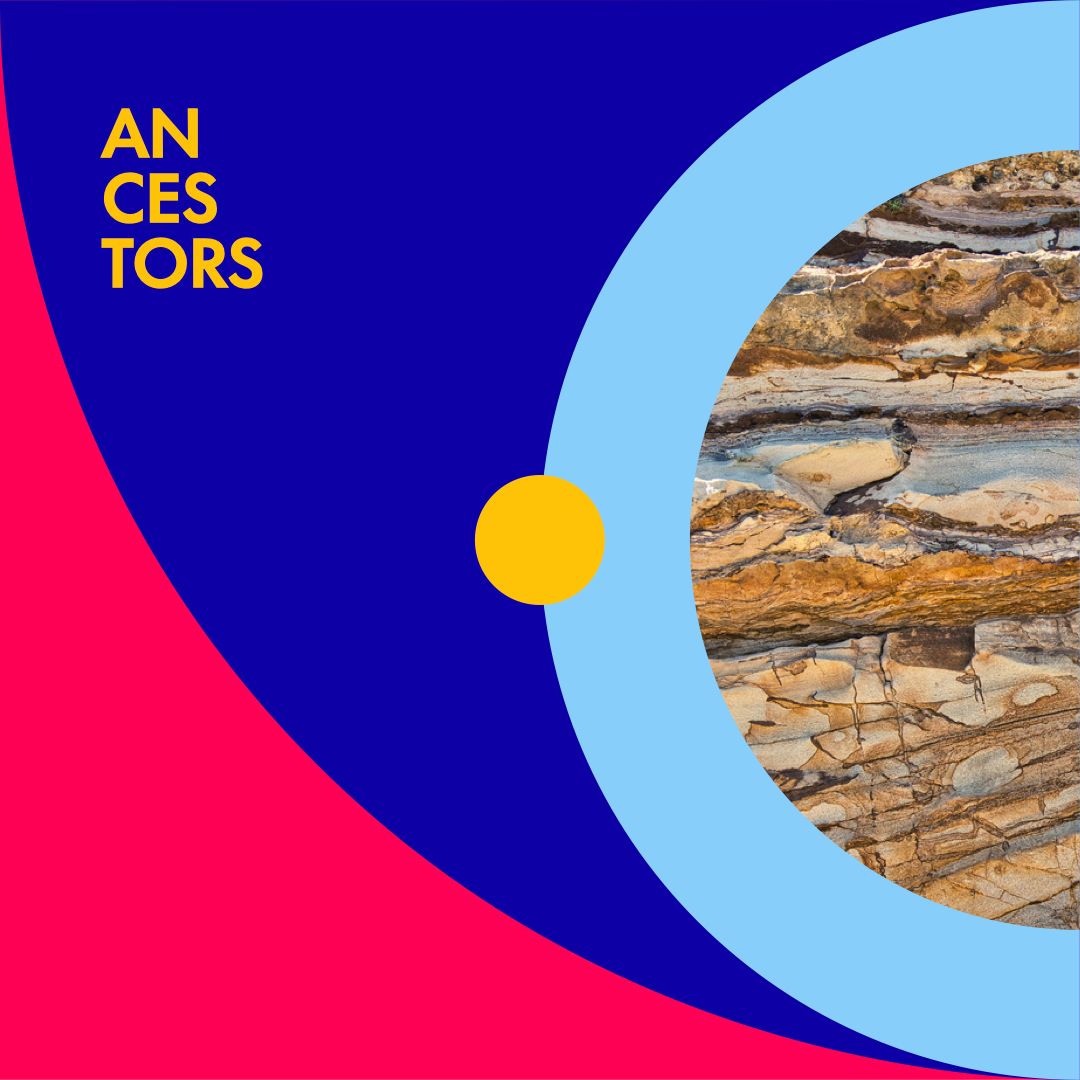
For ancestors, looking to the stars, time was often understood through cyclical and seasonal patterns, deeply rooted in their connection to the natural world. However, with the advent of modern society and its focus on linear time, many of these traditional temporalities have been lost or forgotten. At the same time, many indigenous communities continue to resist the imposition of Western concepts of time and work to preserve their ancestral temporalities.
Through our initiatives, we seek to honor and learn from these ancestral temporalities, while also adapting them to the needs of the present and the future. We design time as uchronia, which means we create alternative timelines that allow us to reimagine the past, present, and future as a social memory complex, changing it in ways that benefit our collective. And we invite those who wants to become good ancestors to come with us.
One of the ways we do this is by using solar-centric models that connect us to the cycles of the sun and the seasons. By understanding and honoring these natural cycles, we can create more sustainable and regenerative temporalities that are in harmony with the earth and its rhythms. We also draw on indigenous temporalities that emphasize communal and collective experiences of time, rather than individualistic or capitalist notions of time. By centering the needs of the collective and working to create more equitable temporalities, we can create a world that is more just and sustainable for all.
